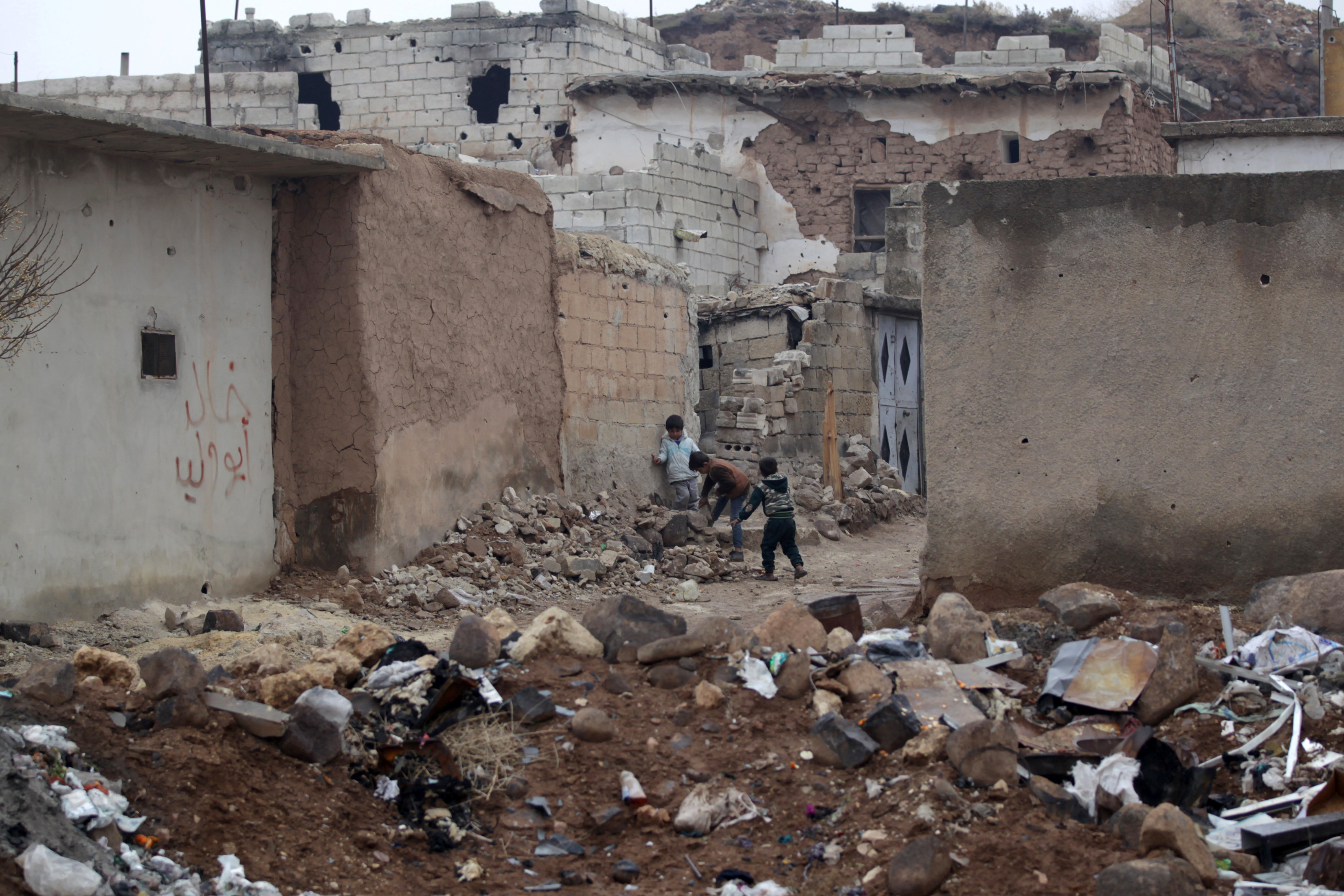
By Tuvan Gumrukcu and Thomas Escritt
ANKARA/ROTTERDAM (Reuters) – The Netherlands barred Turkey’s foreign minister from landing in Rotterdam on Saturday in a row over Ankara’s political campaigning among Turkish emigres, and President Tayyip Erdogan retaliated, branding his NATO partner a “Nazi remnant”.
The extraordinary incident came hours after Mevlut Cavusoglu declared he would fly to Rotterdam despite being banned from a rally there to marshal support for sweeping new powers Erdogan seeks. Europe, he said, must be rid of its “boss-like attitude”.
Cavusoglu, who was barred from a similar meeting in Hamburg last week but spoke instead from the Turkish consulate, accused the Dutch of treating the many Turkish citizens in the country like “hostages”, cutting them off from Ankara.
“I sent them so they could contribute to your economy,” he told CNN Turk TV, days ahead of Dutch polls where immigration may play a significant part. “They’re not your captives.”
“If my going will increase tensions, let it be…I am a foreign minister and I can go wherever I want,” he added hours before his planned flight to Rotterdam was banned.
Cavusoglu threatened harsh economic and political sanctions if the Dutch refused him entry, a threat that proved decisive for the Netherlands government.
It cited public order and security concerns in withdrawing landing rights for Cavusoglu’s flight. But it said the sanctions threat made the search for a reasonable solution impossible.
Dutch anti-Muslim politician Geert Wilders, polling second ahead of elections on Wednesday in the Netherlands, said in a tweet on Saturday: “To all Turks in the Netherlands who agree with Erdogan: Go to Turkey and NEVER come back!!”
Dutch Prime Minister Mark Rutte said: “This morning on TV (the Turkish minister) made clear he was threatening the Netherlands with sanctions and we can never negotiate with the Turks under such threats. So we decided…in a conference call it was better for him not to come.”
SPILLOVER FEAR
Four planned Turkish rallies in Austria and one in Switzerland have also been canceled in the dispute.
“Listen Netherlands, you’ll jump once, you’ll jump twice, but my people will thwart your game,” Erdogan said at a rally. “You can cancel our foreign minister’s flight as much as you want, but let’s see how your flights come to Turkey now.
“They don’t know diplomacy or politics. They are Nazi remnants. They are fascists.”
Dutch Prime Minister Rutte called his reference to Nazis and Fascists “a crazy remark of course”.
“I understand they’re angry but this is of course way out of line.”
Erdogan chafes at Western criticism of his mass arrests and dismissals of people authorities believe were linked to a failed July attempt by the military to topple him. He maintains it is clear the West begrudges him new powers and seeks to engineer a “no” vote in the referendum.
German Chancellor Angela Merkel, whose country Erdogan compared last week with Nazi Germany, has said she will do everything possible to prevent any spillover of Turkish political tensions onto German soil.
Cavusoglu said Turks in Germany were under systematic pressure from police and intelligence services.
Erdogan is looking to the large number of emigre Turks living in Europe, especially Germany and the Netherlands, to help clinch victory in next month’s referendum which will shape the future of a country whose position on the edge of the Middle East makes it of crucial strategic importance to NATO.
He has cited domestic threats from Kurdish and Islamist militants and a July coup bid as cause to vote “yes” to his new powers. But he has also drawn on the emotionally charged row with Europe to portray Turkey as betrayed by allies while facing wars on its southern borders. All, again, cause to back strong leadership.
(Additional reporting by Anthony Deutsch and Toby Sterling; Writing by Ralph Boulton; Editing by Alexander Smith and Toby Chopra)









